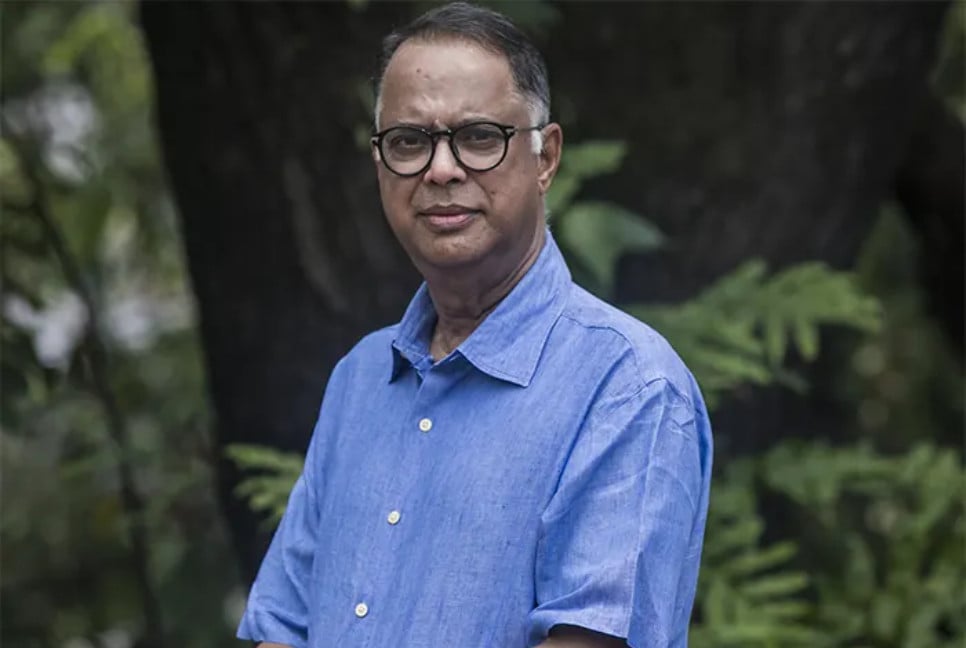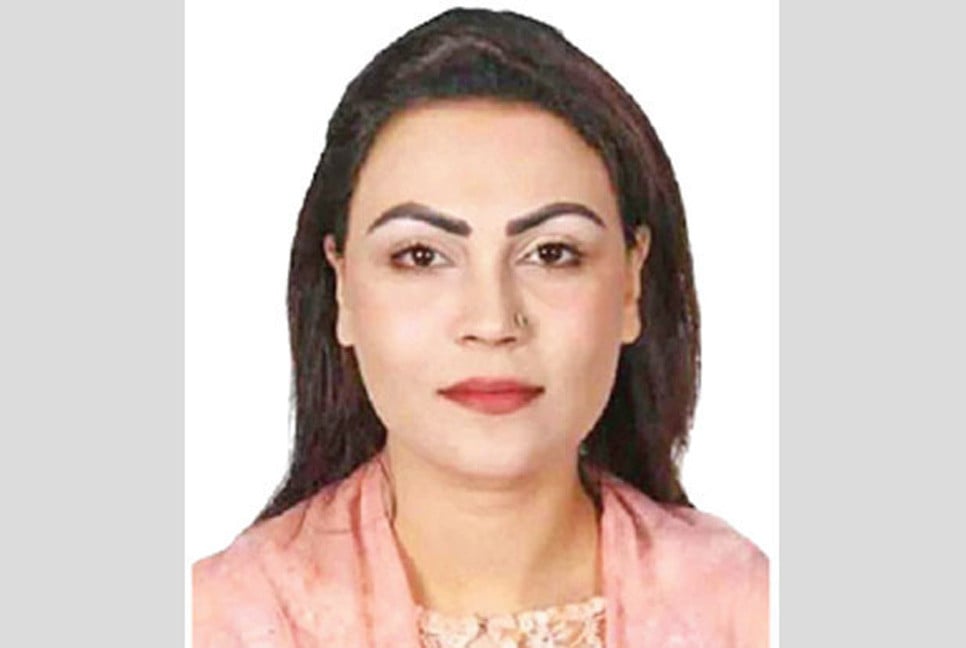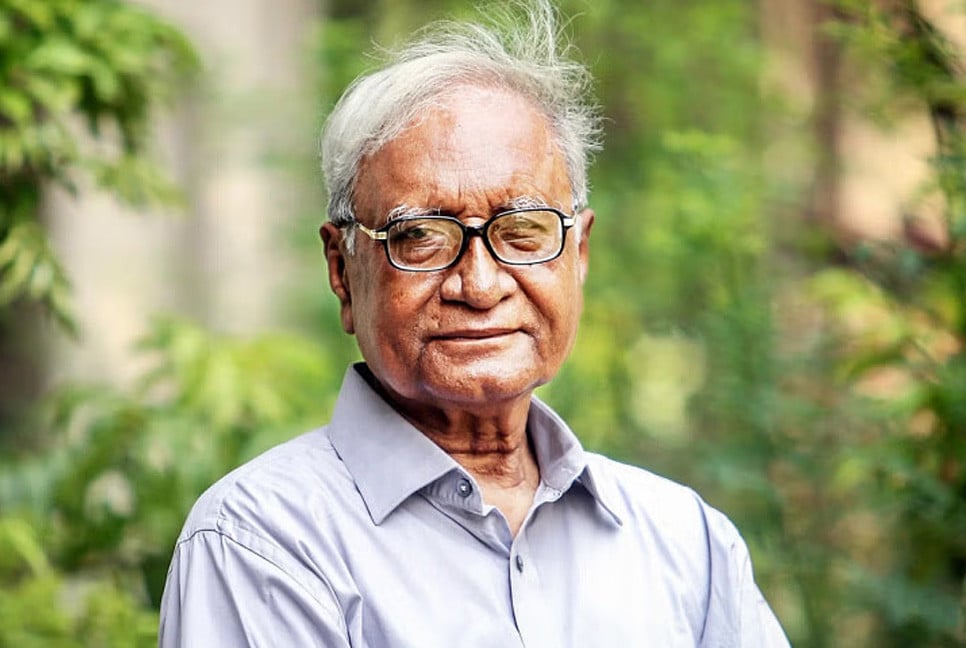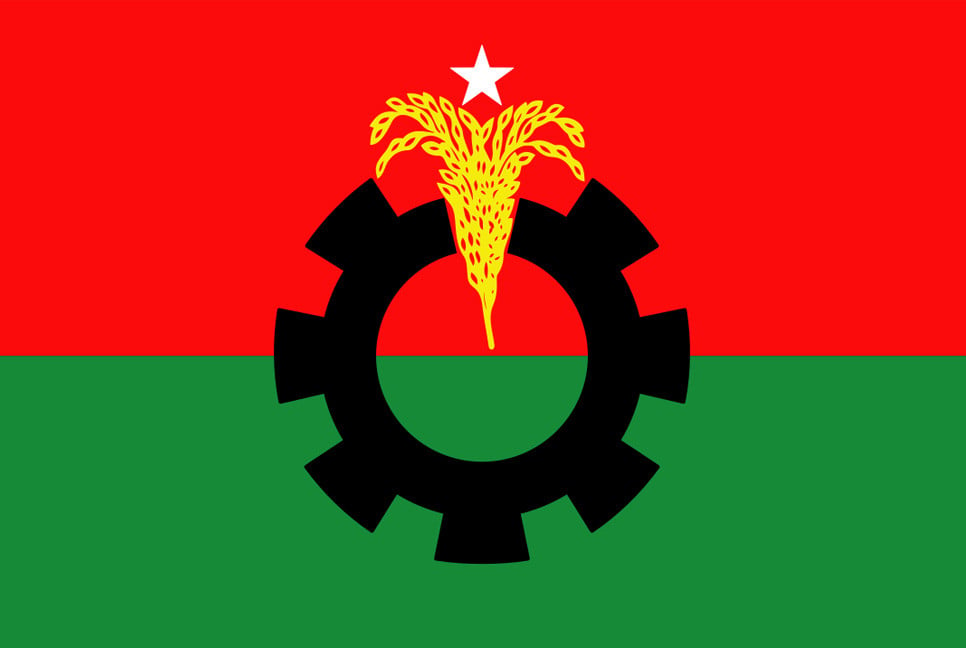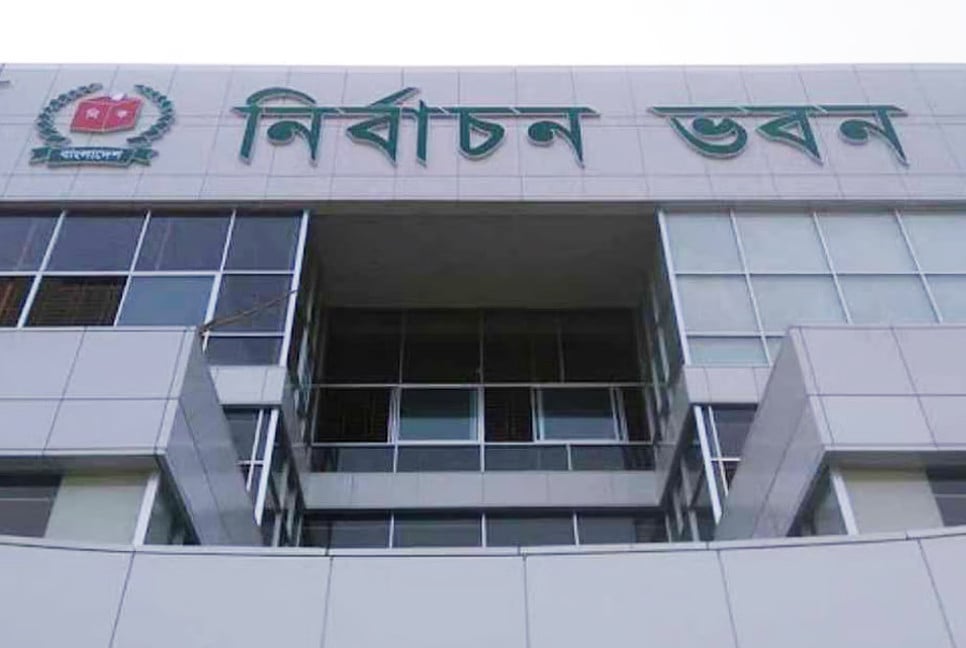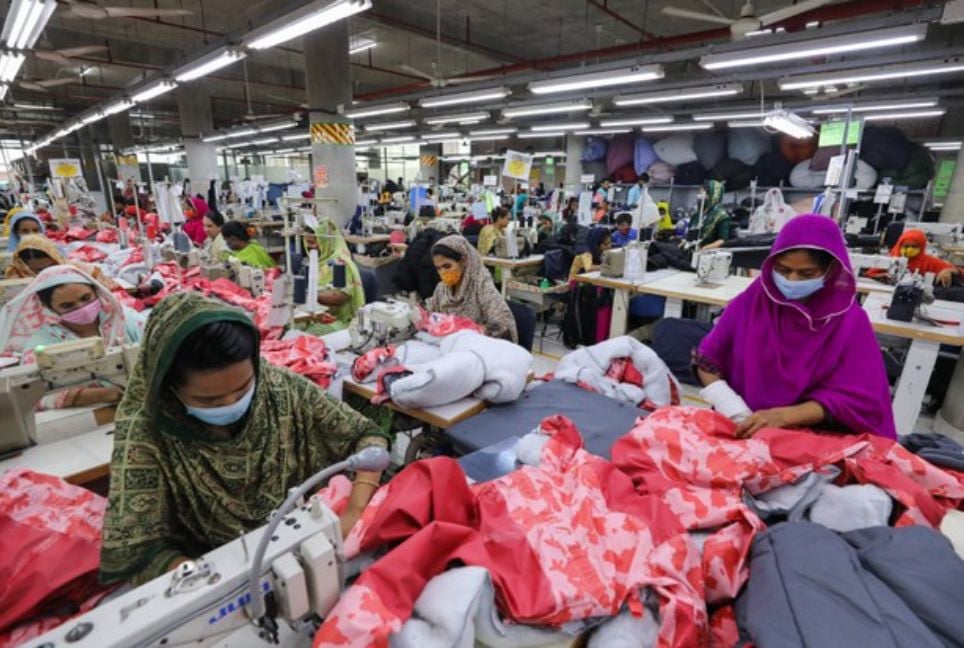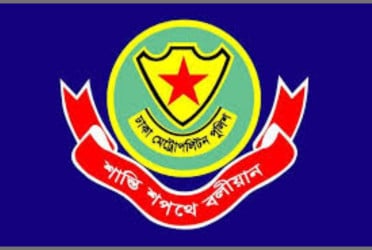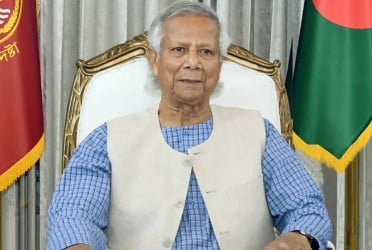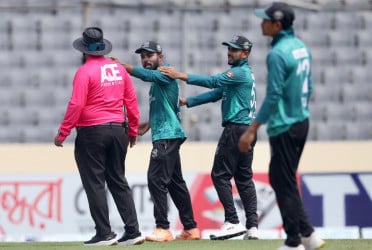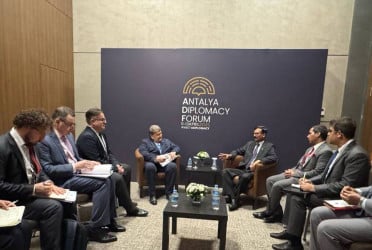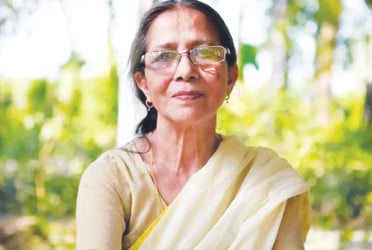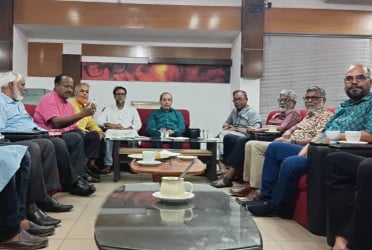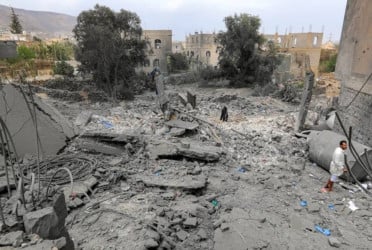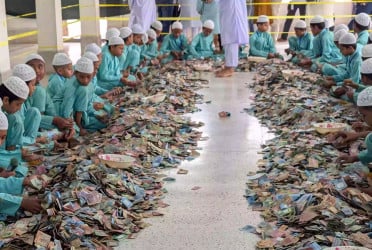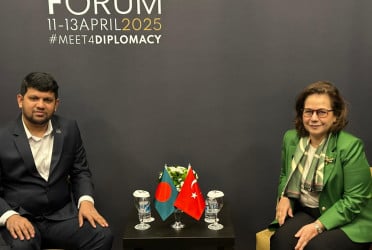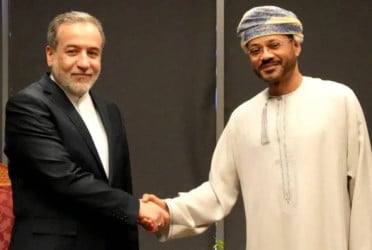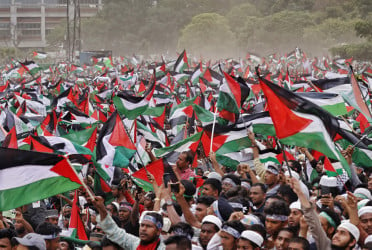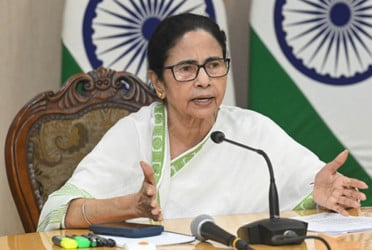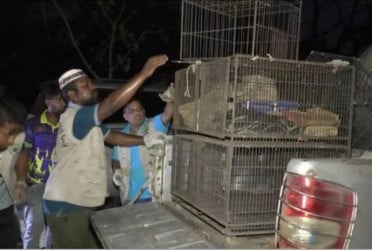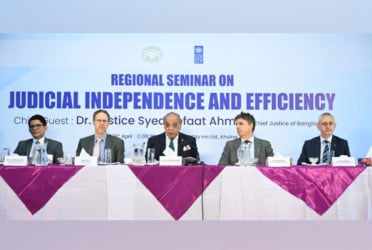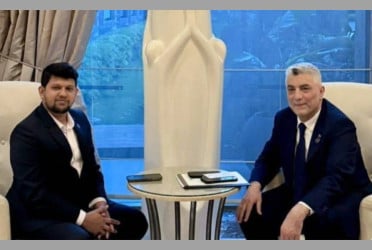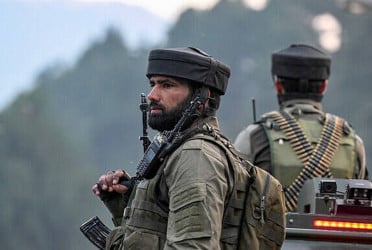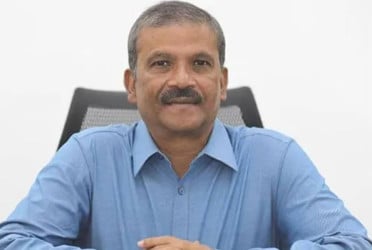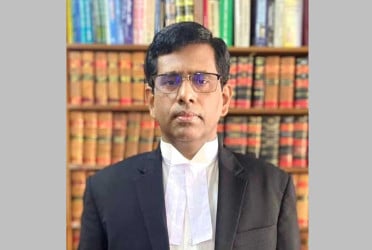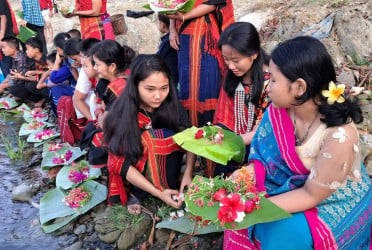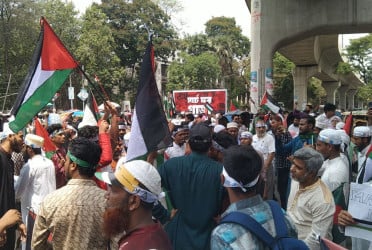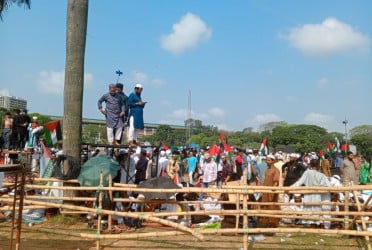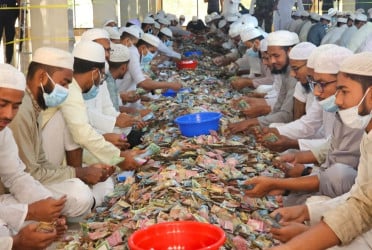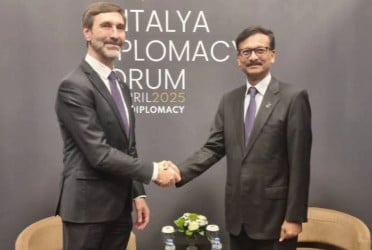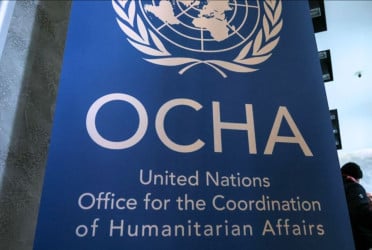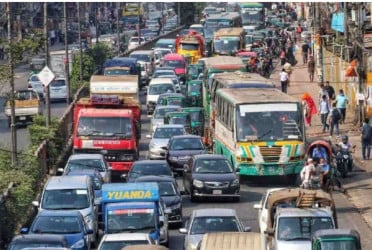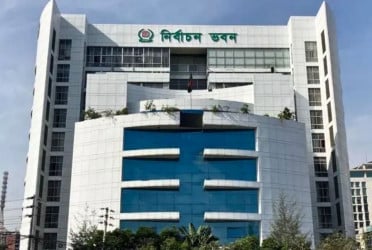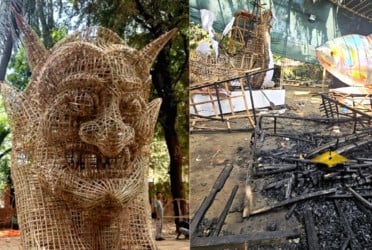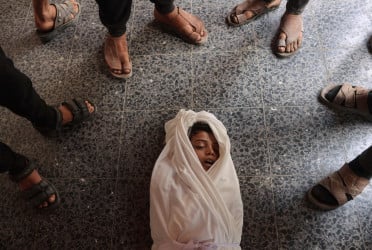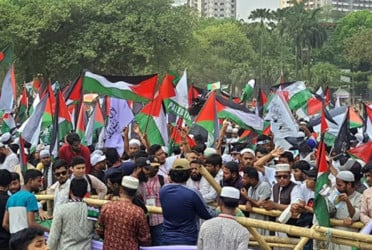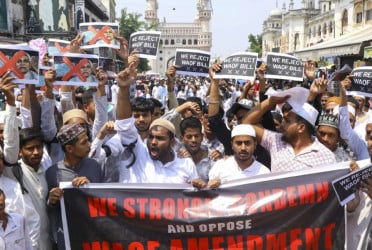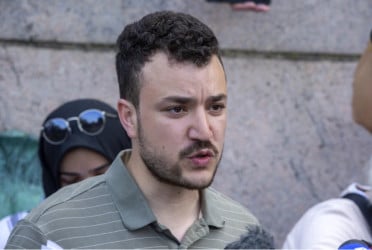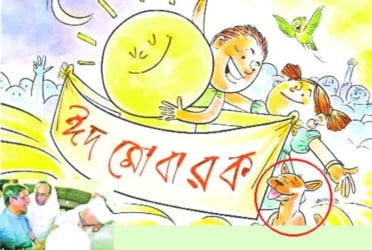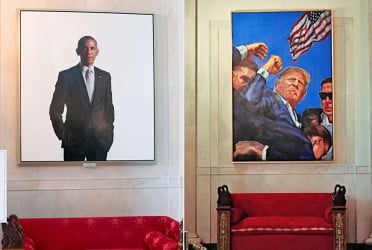BNP's National Standing Committee member and former State Minister Iqbal Hasan Mahmud Tuku has said, “Fleeing the country is not a new phenomenon for the Awami League. Fallen autocratic government leader Sheikh Hasina or her cabinet members were not the first to flee. This trend started as early as 1971.”
He made these remarks in an interview with Bangladesh Pratidin on December 14 at his residence in the Asad Gate area of the capital.
Iqbal Hasan Mahmud Tuku said “During the Liberation War, when we were fighting with our lives on the line, Awami League leaders from 'top to bottom' were living comfortably in hotels in Kolkata, India. They were even involved in immoral activities there. We saw six Awami League leaders arrested in Shillong, India, for rape charges. At the same time, several others were caught for similar crimes in Kolkata's red-light district. These individuals, who committed severe crimes within the country, are engaging in similar offenses abroad. Sheikh Hasina and these criminals must be brought to justice for their crimes, including genocide, according to the law. Otherwise, the notion of justice in the country will cease to exist.”
Regarding the interim government and the upcoming election, he said, “The current government is not a political government. Without a government based on political policies, the state cannot achieve its desired goals. We expect the interim government, formed in the wake of the downfall of the fascist Sheikh Hasina through a mass coup, to give the state a people's government through elections as soon as possible.
He also added “For now, people now want a specific roadmap, including an election date. This will provide a clear picture of when they can expect an elected government.”
The detailed interview follows below:
Bangladesh Pratidin: How do you evaluate the activities of the interim government?
Iqbal Hasan Mahmud Tuku: If the interim government had focused more on controlling commodity prices and maintaining law and order instead of diverting attention to other areas, its activities would have gained more acceptance among the people. Under the regime of the killer Hasina, the public was unable to vote in four consecutive elections, which created widespread resentment. More than four months have passed under the interim government. During this time, it was their responsibility to complete all necessary steps to transfer power to an elected government.
Bangladesh Pratidin: There is speculation in the political arena about a 'Minus Two' conspiracy against Khaleda Zia and Tarique Rahman. What is your take on this?
Iqbal Hasan Mahmud Tuku: This is a baseless story. Tarique Rahman will return to the country and lead the people. He is now not just a political figure but a popular leader among all levels of the Bangladeshi population.
Bangladesh Pratidin: When do you think the national parliamentary election should take place?
Iqbal Hasan Mahmud Tuku: The sooner, the better. As the saying goes, what cannot be done in three months cannot be done in nine years. People have the right to know when the election will take place. Hence, a clear election roadmap should be provided immediately.
Bangladesh Pratidin: How do you view the reform initiatives of the government? Which reforms does BNP prioritize?
Iqbal Hasan Mahmud Tuku: Given the country's volatile situation, I feel that the government should focus more on one or two key reforms. The police administration is still ineffective. The allies of the Awami League who turned Sheikh Hasina into a monster are still embedded in the administration. Therefore, more attention needs to be given to administration and law enforcement.
Bangladesh Pratidin: BNP has promised to form a national government after the election. How do you view this?
Iqbal Hasan Mahmud Tuku: BNP is committed to implementing its pre-announced 31-point reform proposal. It mentions forming a national government comprising those who fought against the autocratic Sheikh Hasina to manage the country's affairs. BNP is dedicated to fulfilling this promise.
Bangladesh Pratidin: The Chhatra League has already been banned. There are calls to ban Awami League's politics and prevent them from participating in the next election. There are also demands for justice for the July-August massacre. What is your opinion on this?
Iqbal Hasan Mahmud Tuku: If the brutal July-August massacre by Awami League goes unpunished, people will lose faith in the judiciary, and good governance cannot be ensured. Whether Awami League can participate in the next election has already been answered by the public. No one from Awami League can be found even by searching with a hurricane lamp(Kerosene lamp). Failing to gain acceptance from the people of the country, the Awami League has now become an exiled virtual party on foreign soil. If they step into the election field, they will risk public lynching. It's the reason why this party is now almost a missing entity.
Bangladesh Pratidin: How prepared is BNP for the election?
Iqbal Hasan Mahmud Tuku: BNP is prepared, which is why it is demanding an election. There is no shortage of candidates in BNP. In fact, we might face the sweet problem of selecting one candidate from many deserving ones. Despite enduring 16 years of torture and oppression under Sheikh Hasina's regime, BNP is fully prepared for a free, fair, and impartial election.
Bangladesh Pratidin: Local or national- which election should be held first?
Iqbal Hasan Mahmud Tuku: The national election should be held first. The parliament can then decide the schedule and method for local government elections. Starting with local elections would mean diverting focus from the national parliamentary election.
Bangladesh Pratidin: What is your opinion on constitutional reforms?
Iqbal Hasan Mahmud Tuku: The 15th amendment to the constitution marks a disgraceful chapter in Bangladesh's history. Although the court has partially annulled it, which we appreciate, constitutional reforms are still necessary. However, these reforms require an elected parliament.
Bangladesh Pratidin: How do you view the student-public movement of July-August? What role did BNP and other political parties play?
Iqbal Hasan Mahmud Tuku: BNP has been resisting the fascist Awami government for 16 years, enduring imprisonments, torture, and killings. Many activists sacrificed their lives, and my wife was also injured, still carrying a bullet in her body. Although the movement had ups and downs, BNP and other allied parties laid the foundation for the July-August movement. BNP and its affiliated organizations suffered the most casualties in this movement. In the final stage, students and the public came together and scored the goal of victory.
Bangladesh Pratidin: Acting Chairman Tarique Rahman has repeatedly said that the upcoming parliamentary election will be challenging for BNP. What are those challenges?
Iqbal Hasan Mahmud Tuku: Our main battle is the election. We need to maintain public trust and secure their mandate to lead the country. Additionally, we must tackle numerous ongoing conspiracies and plots.
Bangladesh Pratidin: When might BNP's national council be held?
Iqbal Hasan Mahmud Tuku: It will be held as soon as possible. The reorganization of district and sub-district committees is nearing completion. Once this is done, the national council will be arranged.
Bangladesh Pratidin: How do you view India's behavior toward Bangladesh?
Iqbal Hasan Mahmud Tuku: As a neighboring country, we expect India to act in a friendly manner. However, if India ignores Bangladesh's people and supports only Sheikh Hasina, incites recent riots, and spreads lies to tarnish Bangladesh's image globally, a friendly relationship cannot develop. India must realize that the people of Bangladesh are non-communal. While hardline Hindutva may boost votes in India, hardline Islamists lose votes in Bangladesh. Sheikh Hasina is trying to play the minority card while living in India. She is trying to imply that without the Awami League, there will be a rise of Islamists in Bangladesh, and Hindus will face violence.
Bangladesh Pratidin: Thank you.
Iqbal Hasan Mahmud Tuku: Thank you, too.
(Translated by Rafid)

